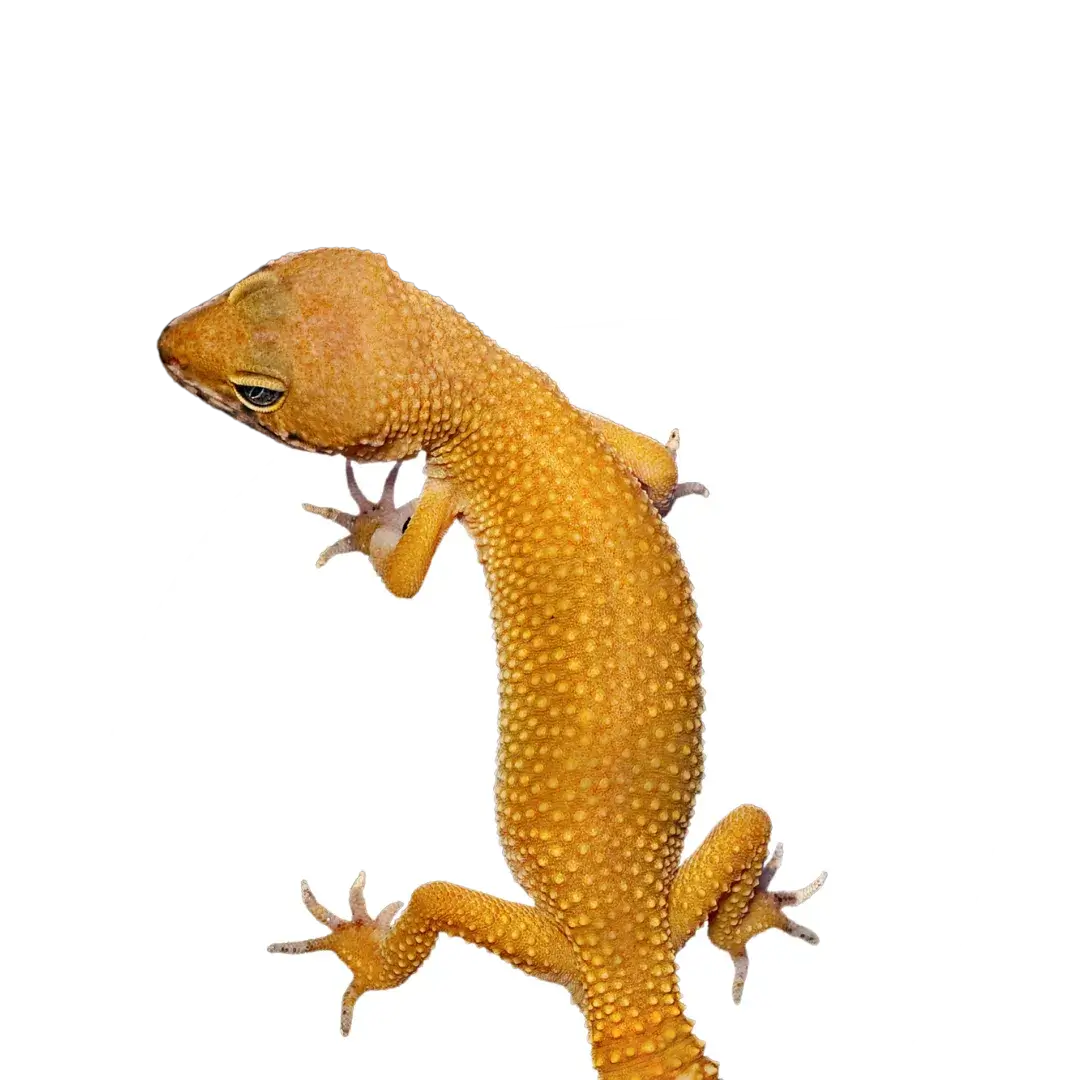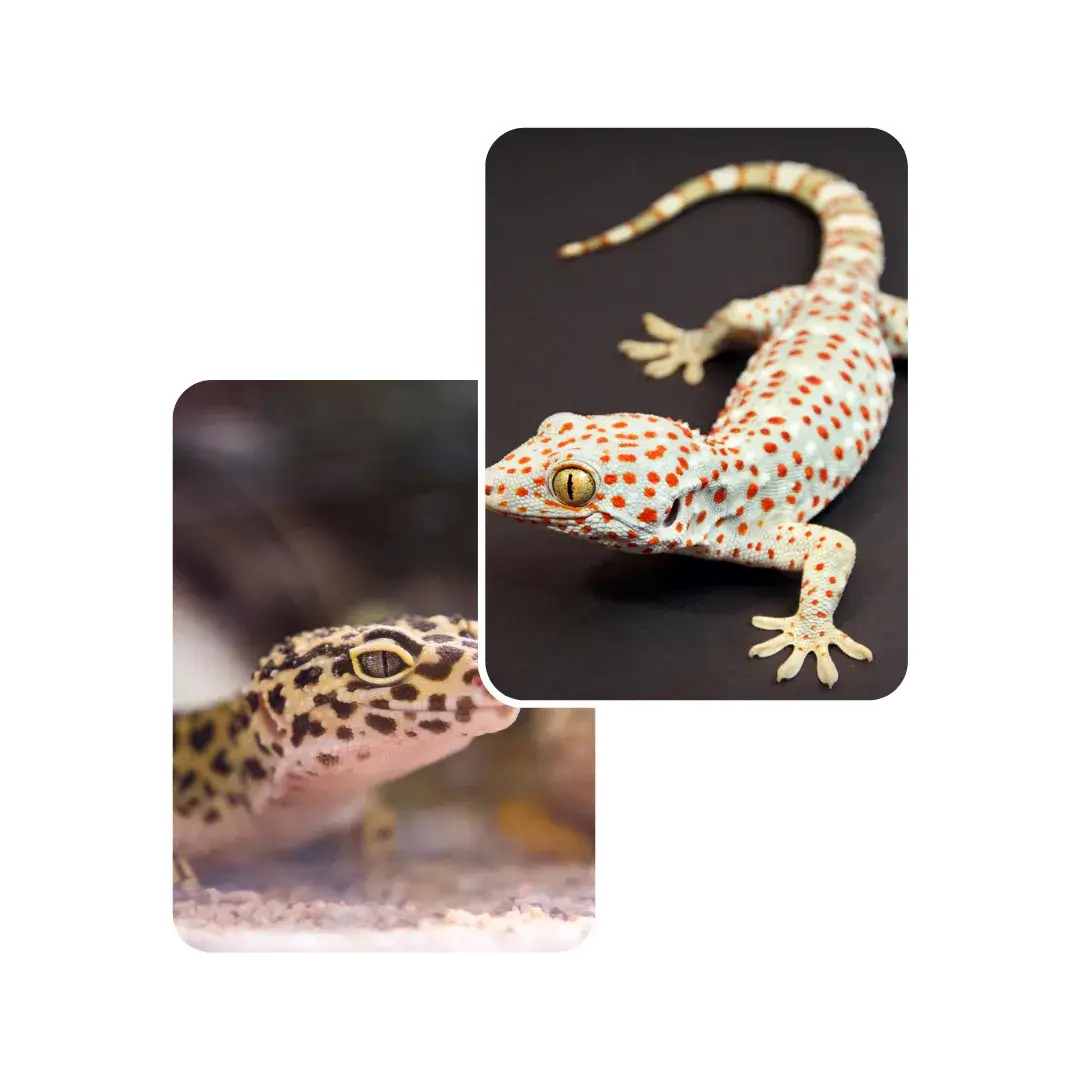

Watery stool is usually normal urine that hasn't fully dried. Diarrhea is when the fecal mass itself is unformed, mushy, or liquid.
Very quickly. A small gecko with loose stool can become critically dehydrated in less than 24-48 hours.
No. Parasites require specific prescription drugs. Using the wrong product can delay life-saving treatment or make the pathogen resistant.
Yes. Salmonella and some parasites are zoonotic. Always use proper hygiene, especially after cleaning the enclosure.
Yes. Chronic diarrhea can indicate severe, long-term diseases like kidney failure, liver disease, or chronic Cryptosporidium infection.
Your pet deserves expert care – Subscribe now for trusted tips and updates from our pet experts.
